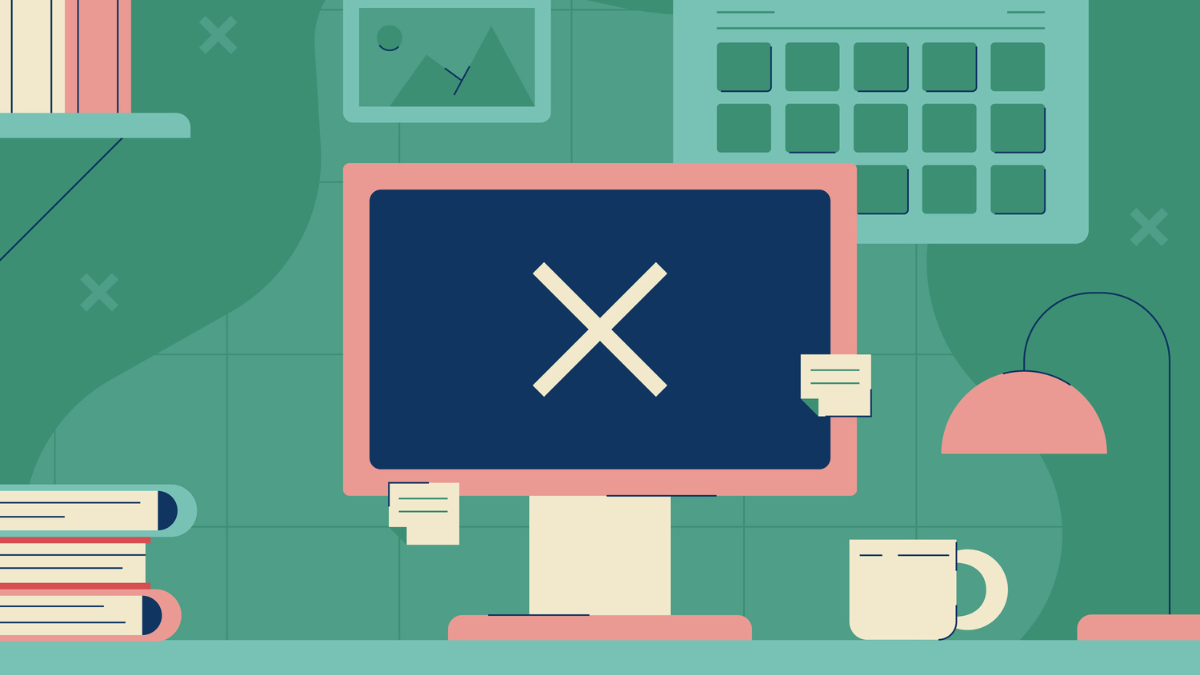The Rise of Instant Gratification in Digital Entertainment: Why People Can’t Wait

Person sitting on a couch at night, intensely using a smartphone with multiple digital devices glowing on the table nearby.
Oct. 16 2025, Published 1:11 a.m. ET
Digital platforms are becoming incredibly appealing, and the gaming industry has become a perfect testing ground for instant gratification culture. Game developers have refined techniques through microtransactions, reward platforms, and loot boxes that encourage engagement and potentially create dependency. These systems show how deeply instant rewards have become part of entertainment. However, this appeal sometimes affects our mental health negatively.
In this piece, we'll get into how instant gratification has grown in digital entertainment and changed what we expect from platforms of all types. We'll also think about the good and bad sides of our digital consumption habits in the ever-changing digital world.
The Shift Toward Instant Access In Entertainment
Streaming services have completely changed how we watch our favorite shows and movies. By May 2025, streaming made up 44.8% of all TV viewing time. This was more than broadcast and cable TV combined, a first in television history. The days are gone when you had to wait a week between shows. Now platforms drop entire seasons at once, which has led to people binge-watching episodes back-to-back.
Netflix started this trend back in 2013 by making full seasons available right away. About 62% of Europeans say they binge-watch series or video clips regularly. Another study found that 72% of people call it their normal way to watch TV shows. This trend cuts across all age groups, though younger viewers between 18-39 tend to watch more marathon sessions than older folks.
YouTube stands out as the biggest player in the streaming world. It accounts for 12.5% of all TV viewing, the highest share any streaming platform has achieved. Traditional TV networks have struggled because of this, and cable viewing has dropped by 21% and 39% since 2021.
Gaming As A Case Study In Can't-Wait Culture
Video games represent how instant gratification culture has grown more than any other medium. Old games needed time and effort to advance. Modern games offer quick rewards and shortcuts that make progress easier without much effort. Even in the online gambling industry, we see these same implementations. Players enter tiered systems and can unluck bonuses and promotions as they progress.
Players also earn rewards just by playing games. Popular platforms like Pikakasinot.com lists online platforms that provide loyalty and VIP programs where players can redeem points in exchange for free perks.
That said, the psychology behind these quick reward systems creates some concerns. Playing video games releases dopamine. This creates powerful feedback loops that keep players coming back. Too much gaming can lead to mental health issues that match online gaming disorder symptoms. Even worse, it can lead to gambling addiction.
The Dopamine Effect In Digital Consumption
Digital platforms make use of quick and satisfying experiences systems perfectly. Every notification, like, or comment releases dopamine. Brain scans show that getting lots of likes on social media lights up the nucleus accumbens and ventromedial prefrontal cortex. The core parts of our reward system.
Digital media becomes uniquely addictive through the "magical maybe" effect. It’s that uncertainty about finding notifications when we check our devices. Scientists call this unpredictability a random-ratio schedule of reward, the exact thing that makes gambling so hard to resist. Research shows reward anticipation can hit harder than the reward itself, especially with unpredictable outcomes.
This explains why social media feels great during use but terrible right after. This deficit can mirror depression and anxiety symptoms over time and might reshape our brain's neural pathways through synaptic plasticity.
Balancing Speed With Well-Being

Our endless search for digital stimulation makes us blind to how constant screen time affects our mental health. Too much social media and technology leads to anxiety, sleep problems, and obsessive-compulsive behaviors.
On the other hand, digital detox gives us a promising way out. This voluntary break from our devices can reduce depression and problematic internet use. People with severe symptoms should set specific time limits for screen usage and establish daily routines that prioritize offline activities. Another way of controlling unhealthy digital behaviors is using built-in apps that monitor and restrict online usage.
Furthermore, instead of just mindlessly scrolling through feeds or throwing ourselves into lootboxes, choose "slow media" content carefully. It leads to better sleep, improved focus, and deeper real-life connections that boost mental health and digital wellbeing.
Our ability to thrive in this “need now” culture depends on finding a balance between instant digital rewards and delayed ground satisfaction.
The information provided in this article is for general informational purposes only. Gamble or play responsibly. If you or someone you know has a gambling problem, help is available. Call 1-800-GAMBLER. If you’re in the U.K. and need help with a gambling problem, call the National Gambling Helpline on 0808 8020 133 or go to gamstop.co.uk to be excluded from all UK-regulated gambling websites. We disclaim any liability for any loss or damage arising directly or indirectly from the use of, or reliance on, the information presented.


